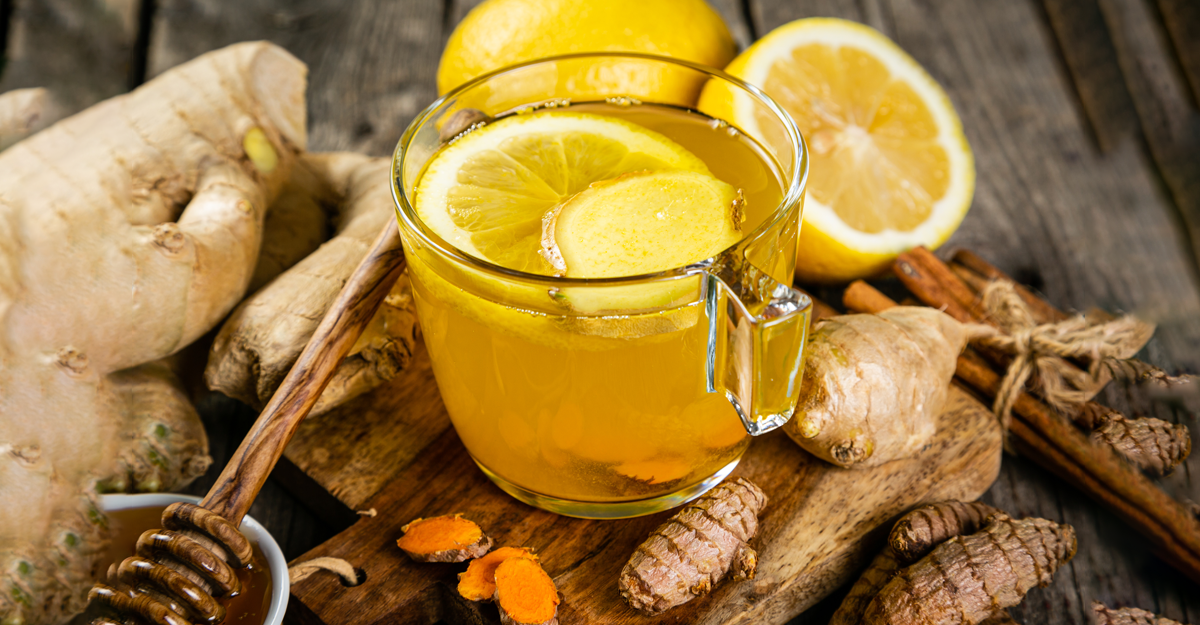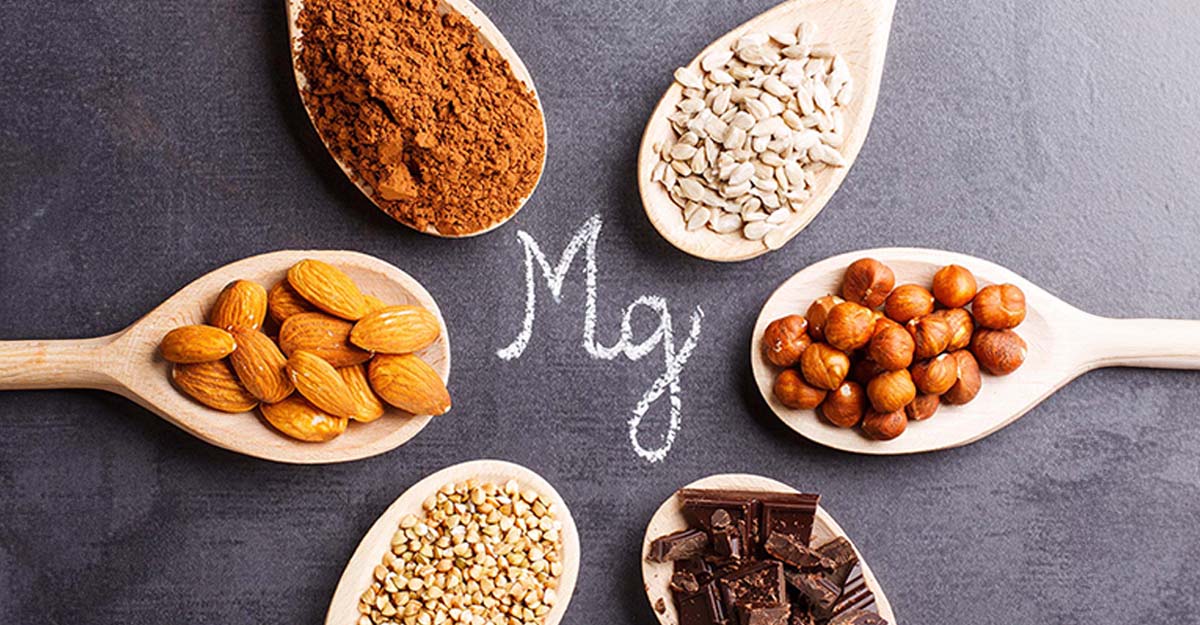
It seems everywhere you turn, there’s a commercial or social media post about yeast issues. Yeast is a form of fungus. Candida albicans is the most common and most recognized fungal infection.
For some it can be a minor irritation, but for anyone with a compromised immune system, it can be deadly. There are even connections between candida and cancer.
We often have customers coming to our store with questions about IBS or constipation. When we ask if they’re taking a probiotic, they often say ‘No, but I eat yogurt.”
Unfortunately, what they’re eating is commercial yogurt loaded with sugar, which simply feeds the yeast overgrowth. Is all this marketing of commercial probiotic foods and TV ad supplements giving people a false sense of security? Don’t worry, I’m not pointing fingers, I have my own yeast issues!
I make my own kefir and take a good probiotic supplement (when I remember to take it!) so I didn’t think I had any yeast issues. Not so. Recent testing from my doctor revealed I have “moderate” amounts of yeast in my system.
This is why it’s important to take yeast issues seriously. Even when you think you’re doing all the right things to keep yeast at bay, it can still be there, wreaking havoc on your health. It’s a stealth little bugger! I’m sure the four months I spent on antibiotics for Lyme disease didn’t help me either.
Millions of people have yeast issues
Millions of people suffer from fungal infections (yeast) of one form or another, so understanding and dealing with it should be a priority. Yeast problems can be a threat to your health & quality of life.
We all have yeast in our bodies. When your body is functioning properly, the little microbes stay in balance and don’t misbehave. But for many, due to the triggers listed above, they become wild and unruly! If you’ve ever had a vaginal yeast infection, athlete’s foot, or jock itch – then you’ve had a fungal infection.
For the millions of people who suffer from yeast issues, it can mean a poor quality of life and/or possibly misdiagnoses of other health conditions.
If you’ve been wondering if you have a yeast problem, you’ll want to read this article on 7 Common Types of Candida Patients by Eric Bakker, ND. Do you see yourself in any of the patients he lists? Dr. Bakker is a candida expert and offers an online test to help you determine if you might have a yeast issue. There are many other yeast/candida websites you can research as well.
6 symptoms of yeast overgrowth
If you haven’t been feeling well and aren’t getting answers from your doctor, could yeast be the problem? In an article from Dr. Oz, Yeast: The Hidden Cause of Your Exhaustion, he lists five general symptoms of yeast overgrowth:
- Chronic fatigue
- Loss of energy
- General malaise
- Decreased libido
- Inability to concentrate
- Irritability
You may think these symptoms describe everyone, but given our highly processed diets and over-use of medications, it makes sense. Countless people are chronically ill, going from doctor to doctor, drug to drug and don’t really know what’s wrong. If this is you, find a practitioner who will get to the cause of your illness and not just treat your symptoms. It’s that important!
Yeast can be anywhere in the body!
All parts of your body can be affected by yeast. This Life Extension article describes candida albicans as a very opportunistic pathogen and can affect the following:
- Skin (cutaneous fungal infections) – this can be your finger nails, external ear canals
- Urogenital tract – “Also known as vulvovaginal candidiasis (vvc) or “yeast infection” (Powell 2010), this fungal infection represents the second most common cause of vaginitis in the US…”
- Mouth & throat – These infections (oral candidiasis) are very widespread and can be caused by dentures, dry mouth, immunosuppresive drugs & antibiotics. The most commonly recognized infection is thrush.
- Systemic infection – A more rare and very serious fungal infection usually found in people with very compromised immune systems. It’s diagnosed with blood culturing.
- Intestinal tract – An overgrowth of candida in the intestinal tract will show up as irritable bowel syndrome (IBS) and allergies. It can lead to more serious health problems.
- Fungal Sinusitis – This is also found in people with compromised immune systems and is an overgrowth of fungus in the nasal cavity.
What’s causing your yeast overgrowth?
There are multiple things that contribute to yeast overgrowth, but the biggest contributors are:
Our sugar/carbohydrate heavy Standard American Diets (SAD)
The average American eats over 150 lbs. of sugar a year and most of what we eat is dead, highly processed food that spikes our insulin.
Overuse of antibiotics
This one is a no-brainer. Antibiotics destroy healthy bacteria right along with the bad bacteria causing yeast overgrowth in all ages and all sexes!
Hormonal changes & pregnancy
If you are pregnant or taking birth control pills, you will have elevated levels of estrogen. Anything that gets your hormones out of balance can lead to a yeast infection or overgrowth.
Prescription medications
The following medications promote yeast overgrowth:
- Birth control pills, estrogens (HRTs), and steroids like prednisone. This also includes birth control devices like vaginal sponges, diaphragms and intrauterine devices.
- Â Corticosteroids (used for arthritis, asthma, allergic reactions, autoimmune diseases like lupus and IBS) This includes oral and inhaled corticosteroids.
- TNF inhibitors – Tumor necrosis factor medications are anti-inflammatory drugs used to treat Rheumatoid arthritis, Chrohn’s and psoriasis. A yeast overgrowth can also contribute to joint pain
(You can find a more comprehensive listing from the CDC here.)
Stress overload
Too much stress causes the stress hormone cortisol to be released into your system. Too much cortisol can suppress your immune system and raise your blood sugar. Elevated blood sugar feeds the yeast and leads to overgrowth.
Alcohol consumption
This one might be hard to swallow (pun intended) but alcohol destroys healthy bacteria in your gut and since it contains sugars, it feeds the bad bacteria. Beer can be especially problematic because it contains the sugar maltose which those candida critters especially love.
Diabetes – this is the result of poor blood sugar control and if you’re diabetic – you could very well have yeast issues.
Other things can lead to yeast overgrowth like amalgam fillings, parasites and chronic constipation, but that’s enough for now!
Seven Natural ways to combat yeast
If you’re feeling discouraged don’t be. You can beat candida! Heck, I have to beat candida! It won’t be easy, but it can be done. There are some amazing testimonies on the web of people who have beat the yeast beast! So let’s explore our options.
- Cut the carbs and sugar. You’ll have to get very good at reading labels. Any ingredient ending in “-ose” is a sugar. Foods like breads, potatoes & ice cream feed the bad bacteria.
- Take a good probiotic or eat fermented foods. We have a great assortment of professional grade probiotics. Lactobacillus may help keep your candida under control. A good cultured sauerkraut, kefir or fermented vegetables will help nourish the good bacteria in your gut.
- Lactofferin – This protein is naturally found in bodily fluids and is the primary germ fighting compound in breast milk. It is a great defense against candida.
- Resveratrol – This powerful antioxidant has demonstrated strong anti-fungal properties and we all should be taking it for it’s anti-aging benefits, too!
- Garlic & thyme – Known for its antimicrobial properties, garlic fights yeast. You can eat 1-2 cloves of raw garlic every day or take a garlic supplement. Thyme has many antioxidant properties and is antibacterial. Did you know it’s one of the active ingredients in Listerine®?
- Goldenseal – Used often to fight inflammation and infection, goldenseal is a potent anti-fungal.
- Tea tree oil – This should only be used for topical fungal infections, Do not ingest! Tee tree has anti-inflammatory and anti-septic properties and research has shown that it can inhibit the growth of candida.
There are many other candida fighting herbs and oils, but these seven should give you a good start. Wish me luck as I wage my own war on candida! If you’ve been successful in beating yeast – share your story below!
 Resources and References
momsAWARE_Antifungal_Diet_Comparison_Chart
Medications that Weaken Your Immune System and Fungal Infections
http://www.cdc.gov/fungal/infections/immune-system.html
Yeast Infections: Common Causes
Is Hidden Fungus Making You Ill?
* These statements have not been evaluated by the Food and Drug Administration. The products mentioned are not intended to diagnose, treat, cure, or prevent any disease.





